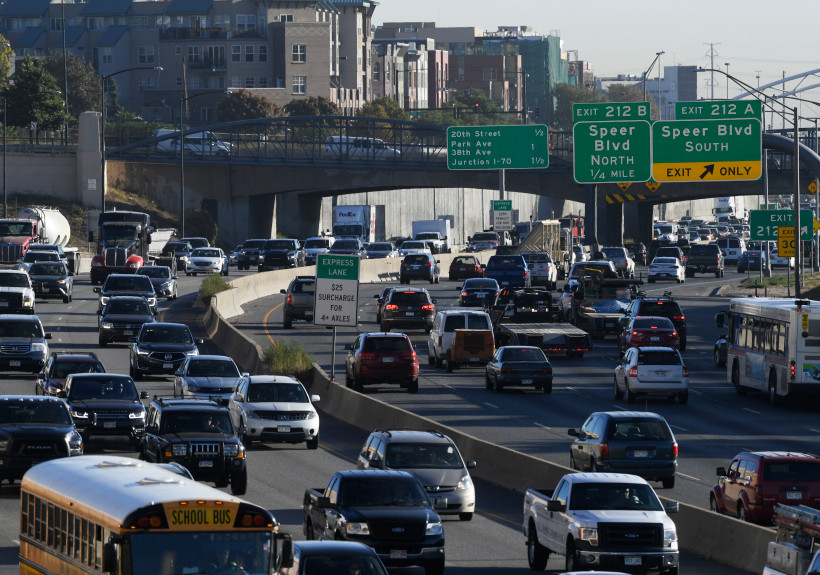Colorado Rising State Action tees up ballot initiatives to inoculate TABOR

If there are still officials trying to get around Colorado’s Taxpayers Bill of Rights by turning to government fees instead of new taxes, a proposed ballot initiative could complicate things. Next week the Secretary of State’s Office title-setting board is expected hear a pitch for three November ballot measures on three questions, initiatives 273 to 275. […]
Kafer: I’m beginning to believe Democrats want Colorado’s drivers to be miserable

Deep within the bowels of Denver International Airport the Illuminati gather for their secret meetings. A bloodthirsty Chupacabra stalks sleeping cattle in the San Luis Valley to gorge upon their entrails. Aliens or government spy drones or both wander the night sky in northeastern Colorado. Centennial State conspiracy theories abound, but I’ve never given them […]
